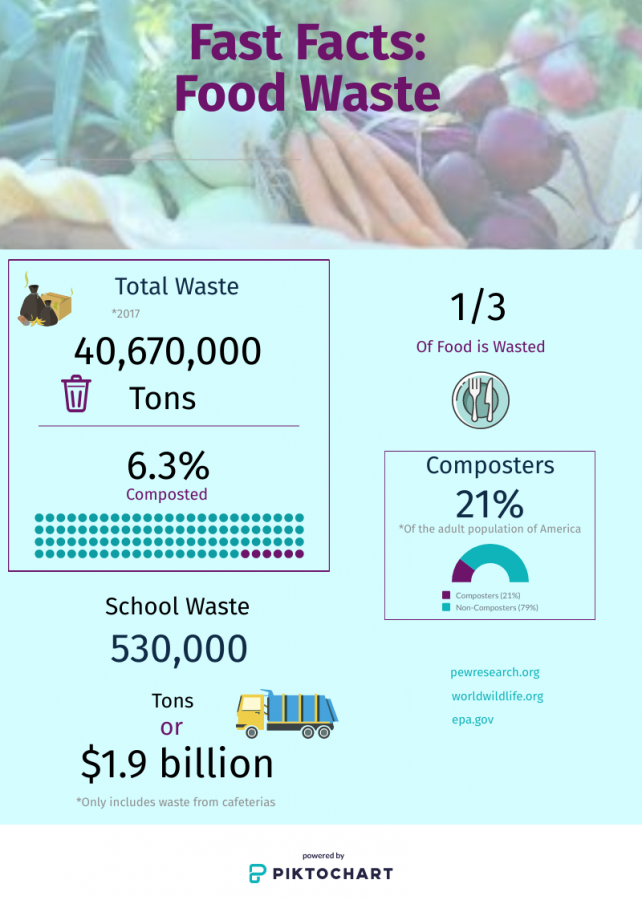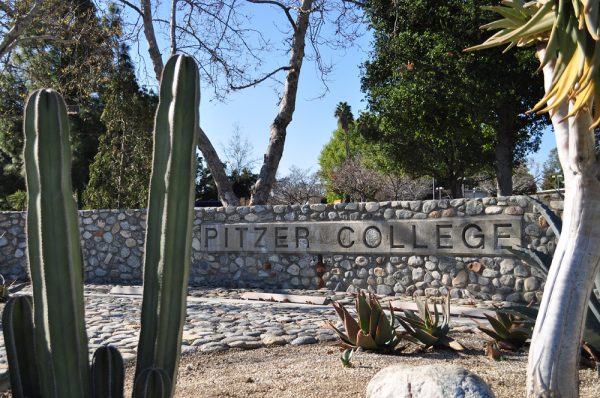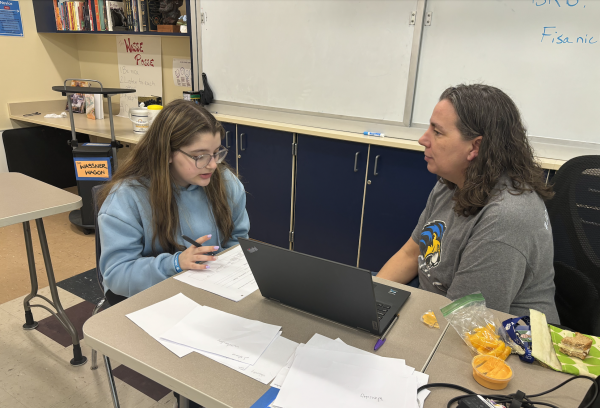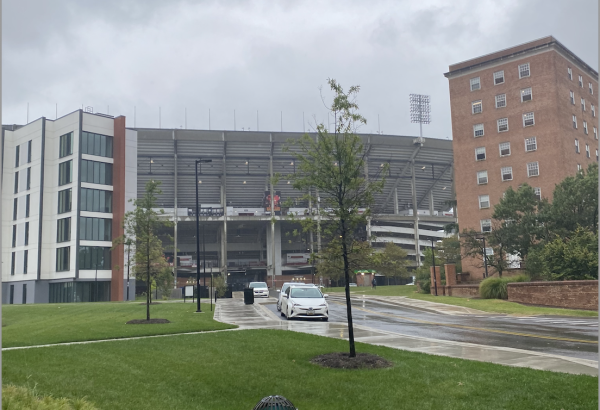Opinion: JDS should start composting
Infographic compiled by Gabi Simon
Data shown from the United States.
September 11, 2020
As I open the lid of my compost bin, the sweet smell of fresh dirt and rotting produce wafts into the air. Deep in its dark depths, fungi, worms and other bugs thrive, eating their way around the bin. In less than a year, I will move the buildup of organic soil into my garden to feed my plants, saving money, time and nutrients in the process.
CESJDS doesn’t take advantage of this easy and natural process to reduce its food waste. Although JDS has been trying to help the environment, it hasn’t taken the simple steps to compost. However, other schools have used the earth’s natural decomposing system and successfully started composting.
According to Waste360, at least nine of the Lincoln Public Schools in Nebraska compost at least 60% of their cafeteria food waste each day. Alhough they use an outside company to process their waste, schools can do it themselves.
There are many different composting methods that can fit all needs and circumstances. “Let it Rot!” is a book by Stu Cambel that describes the pros and cons of several methods, such as heat loss in tumblers or weeds growing in piles.
Many people don’t compost because they fear rats, flies and other pests. However, this is a common misconception; when compost doesn’t contain meat, dairy or onions, animals are much less likely to be attracted to it. Additionally, if the compost is contained in bins, such as tumblers or trash cans, animals can’t get to it. These solutions also help prevent compost from smelling.
Another issue with composting is that some places have legal restrictions. For example, it is illegal to compost in bins and piles in Baltimore, according to the Baltimore County Government. However, in Rockville, Maryland, all variations of composting are permitted. Even so, one of the largest reasons why many people do not compost is because it requires work to maintain.
Many composting methods require chopped materials, as well as turning, aeration, watering and monitoring, while commercial compost services require time and money. It’s important not to place trash in compost bins, which may be an issue for students, who tend to put trash in our current recycling bins. Because of this, environmental club member junior Kayla Liss said that it would be difficult for JDS to organize a composting system for the cafeteria.
Our school has another option: a variation of the Ogden Method, which is described in “Let it Rot!” This method recommends leaving food and organic waste in piles to decompose on their own, which JDS could implement using large lidded plastic containers outside. The school could also only use bins to collect compost in the kitchen, rather than the cafeteria, which would greatly reduce the risk of being filled with trash and would still save a large amount of waste.
If the bins were located in the kitchen, then the container outdoors should be next to the dumpster in the parking lot. This would make it easier for the kitchen staff and students to transfer food waste from the bins.
So what would JDS do with the compost? I believe that it is more important that JDS composts than what they do with it, whether they use it to grow a garden, teach science or nourish trees, because no matter what, it would give back to the environment rather than adding to the global waste problem.

















